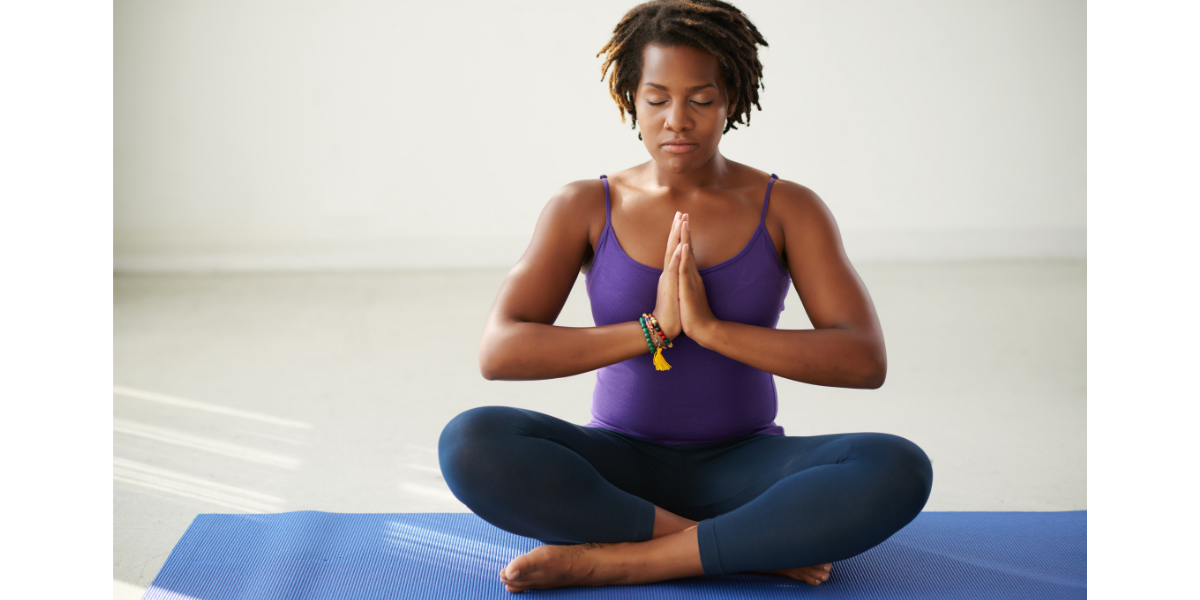Posted on October 16, 2020 View the blog
In March of this year our lives were turned upside down. One day we were sending our children to school, meeting friends at coffee shops, and going to work to chat by the water cooler.
Then everything changed.
We had to stay home. Home became our schools, and we had to learn how difficult our teachers’ jobs were by becoming our children’s teachers. We had to make home our office and substitute Zoom meetings for in-person meetings and water cooler chats. On top of these, many are dealing with decreased hours or layoff from jobs and the economic fallout.
This massive shift in our society has caused unprecedented stress and fear in our lives. While our health systems mobilized to fight this invisible menace, many of us were forced to deal with our mental and emotional well being without the normal safety of our friends, faith communities, work, and school.
Believe it or not, the anxiety that we feel is a good thing! It is our bodies and minds way of telling ourselves something is wrong, and it is trying to keep us safe. But when anxiety overwhelms us, it can decimate our wellbeing, and lead us to behaviors that ultimately harm us.
The first step in coping during this pandemic is to realize the things that we can control versus the things that we cannot.
We cannot control the presence of COVID-19. We cannot predict how long this will last. We cannot control how seriously others follow social distancing and mask wearing. By allowing our anxieties to dwell on these uncontrollable parts of our world, we allow them to control our own wellbeing.
But there is much that we can control, and that will help us deal with this unprecedented time.
If you start feeling signs of depression, such as losing your appetite, not being able to sleep, not being able to function at home or work, and losing interest in things you once enjoyed, you can take steps to help yourself:
- Drink plenty of water, limit the amount of caffeine and alcohol you ingest. Good hydration makes for a healthier body and a calmer mind.
- Exercise! Your bodies are not used to staying at home all the time. Get your heart rate up, go for socially distanced and masked walks when you can. Activities such as yoga can help strengthen your body and clear your mind of anxiety.
- Reach out to friends and family. There are many new technologies such as Zoom and Skype that allow us to see our loved ones and hear their voices.
- Get enough sleep! Even before the pandemic we were a sleep starved society. You need to get 7-9 hours of sleep to help your body fight infections as well as help your mind deal with stress.
If you feel these activities are not helping, and your mental health leads to feelings of harming yourself or others, then take heart because you are not alone, and there is help.
- Reach out to your doctor. Your primary care physician will be able to refer you to mental health specialists who can help.
- Contact the National Suicide Prevention Lifeline. <link> You can call and chat over the internet with people who care about your wellbeing.
We don’t know how long this will last, but we do know that by working together, as a community and a nation, we can help each other navigate these anxious times.
Read more about Emotional Well-Being and Coping During COVID-19.

